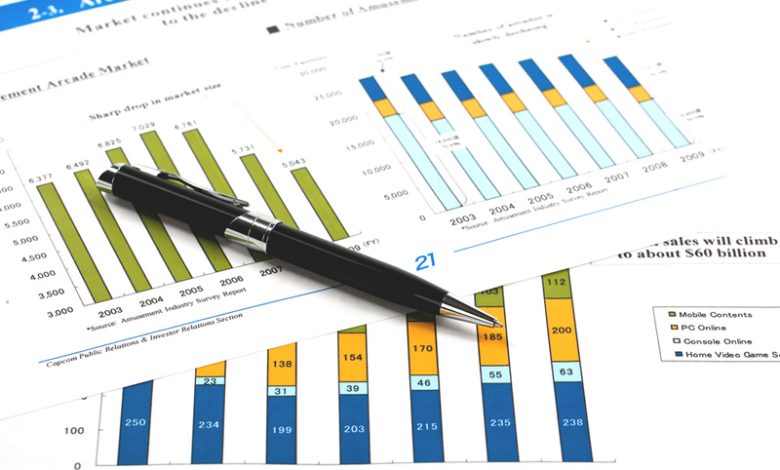
Middle East Tensions Propel Oil Prices, Reports Reuters
Market Overview: A Look Ahead
On Friday, oil prices are on track for their largest weekly increase in over a year, driven by escalating tensions in the Middle East that are casting a shadow over global markets ahead of the weekend.
While most equity indexes and stock futures showed positive performance, gains were limited as investors speculated about the potential for imminent retaliatory strikes by Israel against Iran. Oil prices are poised to rise approximately 8% for the week, marking the steepest increase since February 2023, while another oil benchmark’s 8.2% weekly gain would be the largest since March of last year.
Markets found some comfort in U.S. President Joe Biden’s comments that he does not foresee an "all-out war" in the Middle East. However, he had previously indicated discussions regarding U.S. strikes on Iranian oil facilities as a response to Tehran’s missile attacks on Israel.
Despite oil’s recovery from a low base and a return to levels seen only a month ago, global stocks and investors’ risk appetite are starting to feel the strain. If geopolitical tensions continue and oil prices keep surging, investors may need to reevaluate their inflation forecasts.
The potential for a broader conflict in the Middle East likely also influences Federal Reserve Chair Jerome Powell, who has signaled that the central bank will probably continue with quarter-percentage-point interest rate cuts in the future. The last thing he wants is for the Fed to ease policy too quickly only to witness a resurgence in inflation.
Furthermore, the resilience of the U.S. economy remains a compelling reason for a cautious approach to rate cuts.
The September nonfarm payrolls report is set to take center stage later today. However, recent data indicating ongoing strength in the labor market and robust activity in the services sector suggests little cause for concern leading up to the release.
Today’s agenda also includes several speeches from European Central Bank policymakers, as well as remarks from the Bank of England’s chief economist, Huw Pill. It remains uncertain whether Pill will adopt a dovish stance like his boss, Andrew Bailey, who mentioned that the BoE could consider more aggressive interest rate cuts if inflation pressures continue to diminish.
In a positive development, U.S. East Coast and Gulf Coast ports began reopening Thursday night after dockworkers and port operators reached a wage agreement, resolving the industry’s most significant work stoppage in nearly half a century.
Key Developments to Watch:
- U.S. nonfarm payrolls report (September)
- Bank of England’s Huw Pill speaks
- Speeches from various European Central Bank policymakers
 GOOGL
GOOGL  META
META 


